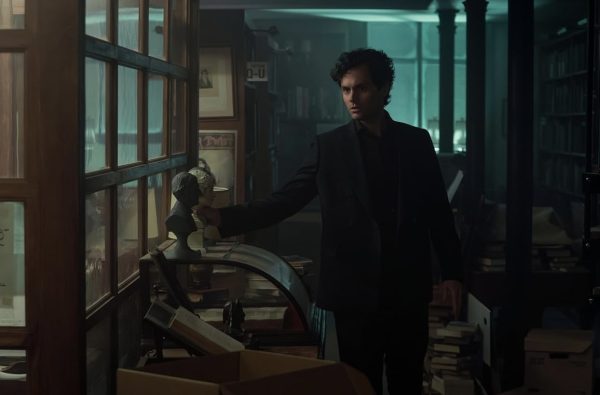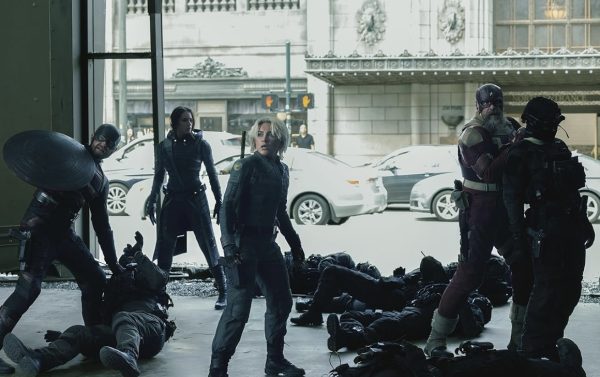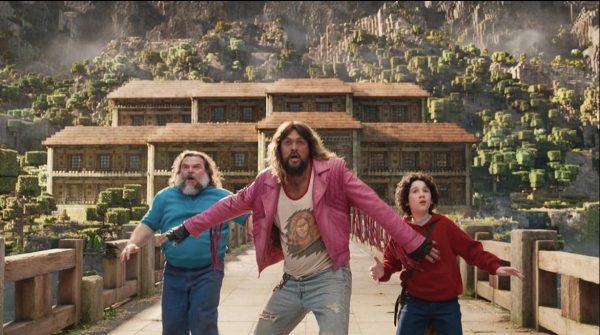1917 MOVIE REVIEW
Artillery shells explode about and unseen danger lurks at every corner is the thrilling atmosphere in Sam Mendes’s first war drama 1917 which is an experience unlike any other war movie to date.
The movie starts with the young Lance Corporals Schofield (George Mackay) and Blake (Dean-Charles Chapman) napping in the serene French countryside. They are rudely awoken for a mission from General Erinmore to deliver a message that would stop the attack of 1600 soldiers heading into a German trap. And just like that they start their journey running into the Hell that is war.
Schofield’s personality is a hardened soldier who has seen the savagery of war, and Blake’s being a wide eyed rookie. The two contrasting personalities of the soldiers bring a really cool element to their friendship that works wonders. There are big chunks of the movie where it is just these two characters talking and walking or not talking at all, and the actors really deliver. The audience genuinely gets to know the characters and their motivations that do not feel forced at all.
Director Sam Mendes, known for his work with the James Bond franchise, decided to do what he did with the opening of Spectre (2015) for the entirety of 1917. Mendes, with the help of cinematographer Roger Deacons, decided to present the film as a single shot, which means there are no visible cuts. Instead the camera follows the two main characters through their First World War odyssey like a third person witnessing the madness they descend into.
Rather than being a gimmick that distracts from the story, it acts as a way to engross you in the devastating reality of this historical event. When a catastrophe happens to the characters you jump out of your seat and feel the tension they feel, unlike other war movies. The score by composer Thomas Newman seems to add to the tension being reminiscent of Dunkirk (2017) as Newman did work on that score as well.
A World War I movie with detail and thought like this is something not often seen, compared to the amount of World War II movies that are produced. The horridness of the western front of the first World War and its colossal trench rats, aerial warfare is something not often featured in modern war movies. Along this journey they come across unique detailed settings such as the somber British trenches full of bloody, dirty somber soldiers and the desolate crater filled landscape that is no man’s land.
1917 does a great job of showing r this often forgotten conflict, and the people who served and gave their lives. The movie ends on this note, as in the end credits it is dedicated to the director’s grandfather, Lance Corporal Alfred H. Mendes, whose stories provided inspiration for 1917.



